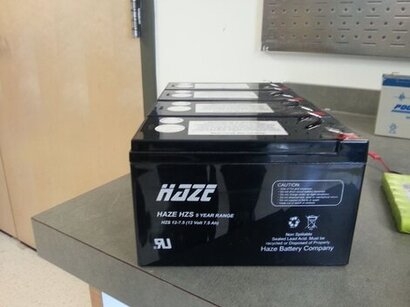
Combining the latest market analysis with a scientific vision setting out how batteries can enhance performance to deliver a clean and sustainable future for Europe, CBI – the global battery research organisation - has unveiled new research plans for advanced lead battery research.
Demand for battery energy storage is set to soar in the EU as the switch is made to vehicles with greater levels of electrification and energy grids enhance their resilience and flexibility. In Europe, the International Energy Agency says annual additions of wind and solar need to reach four times 2020’s record to achieve net zero by 2050.
Sectors such as telecoms, the shift to 5G networks and the need for reliable power for data centres also feature batteries as central to maintaining communications.
“We are spearheading research collaborations with governments, universities, end-users and lead battery manufacturers to ensure we fully tap the innovation potential of the technology” said Dr Christian Rosenkranz, Chair of CBI and Vice President Industry and Governmental Relations EMEA at Clarios. “This is the age of the battery and Europe is at the heart of the electrification revolution. Our roadmap is helping us deliver next- generation lead batteries to meet the challenges of making a clean future a reality.”
EU companies involved in the research and members of the Consortium include Clarios, Exide, EnerSys and Hoppecke.
The roadmap highlights the huge potential to increase lead battery performance and sets targets in each application area, from mobility to renewable energy storage – to increase the lifetime and efficiency of batteries in each sector.
In addition, the superior circularity, safety and reliability of lead batteries is adding further credibility to the EU’s role as a centre for sustainable battery technology.
The new roadmap builds on the progress made in the first edition published in 2019 and expands its coverage of key application areas including motive power, industrial, UPS and e-bikes.
For additional information:

